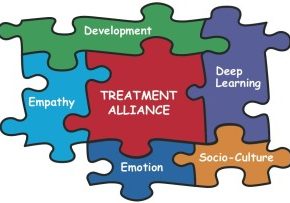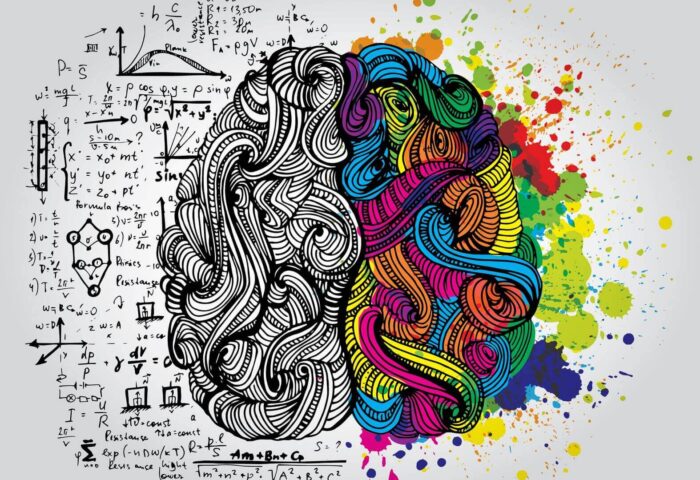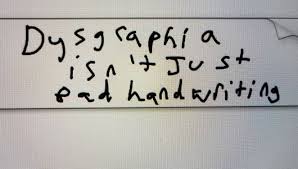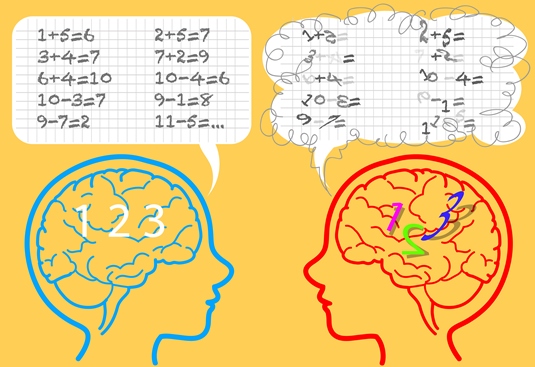What is Expressive Language Disorder?
Students with an expressive language disorder have problems using oral language or talking. The student’s understanding of language is likely to outstrip his/her ability to communicate with the spoken word. There may be a reticence to talk and students may resort to pointing or gesturing to get their message across. Expressive language may lack variation […]
What Is Educational Therapy?
Educational therapy is a general term for when an educator works one-on-one or in small groups with your child, usually outside the classroom. This can cover a lot. It could mean reading interventions, math interventions, life skills, specialist therapies, a counselor, a teacher who helps children learn study and organization skills. If educational therapy sounds […]
What is Dyslexia?
Dyslexia affects the learning process in relation to reading, writing and speaking, such difficulties being disproportionate to the student’s other academic abilities. Dyslexia is indicated by a mismatch between an individual’s assessed ability and his/her attainments in literacy-related areas. Dyslexia may affect the development of the student’s ability to remember in sequence what is seen […]
What is Dysgraphia?
Dysgraphia affects a student’s ability to write coherently, regardless of their ability to read. Types identified include: Type 1: dyslexia dysgraphia where written work that is created spontaneously is illegible, copied work is good and spelling is poor. A student with dyslexia dysgraphia does not necessarily have dyslexia. Type 2: motor dysgraphia where the condition may be caused by […]
What is Dyscalculia?
Dyscalculia primarily affects the learning process in relation to Mathematics. Two of the types of dyscalculia that have been identified are: Type 1: developmental dyscalculia where students exhibit a marked discrepancy between their developmental level and general cognitive ability as it pertains to Mathematics. As a basic indicator of developmental dyscalculia students will perform below expectations […]







